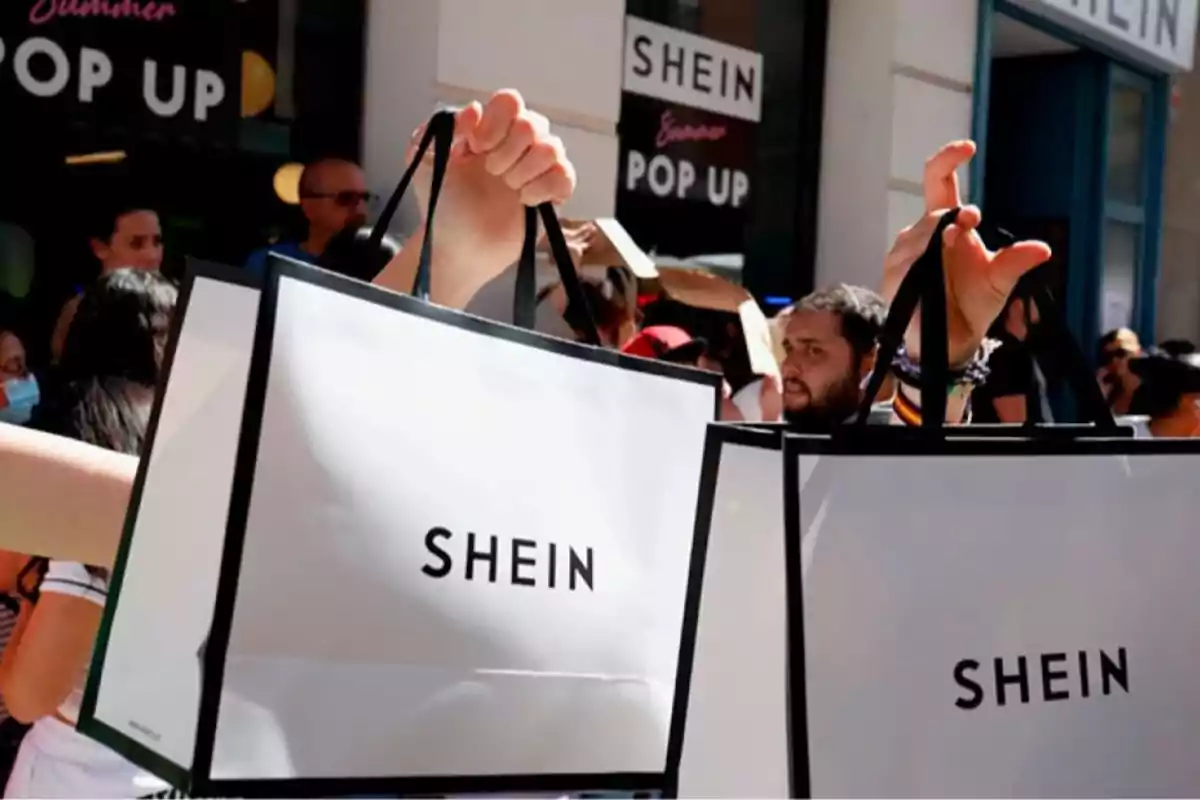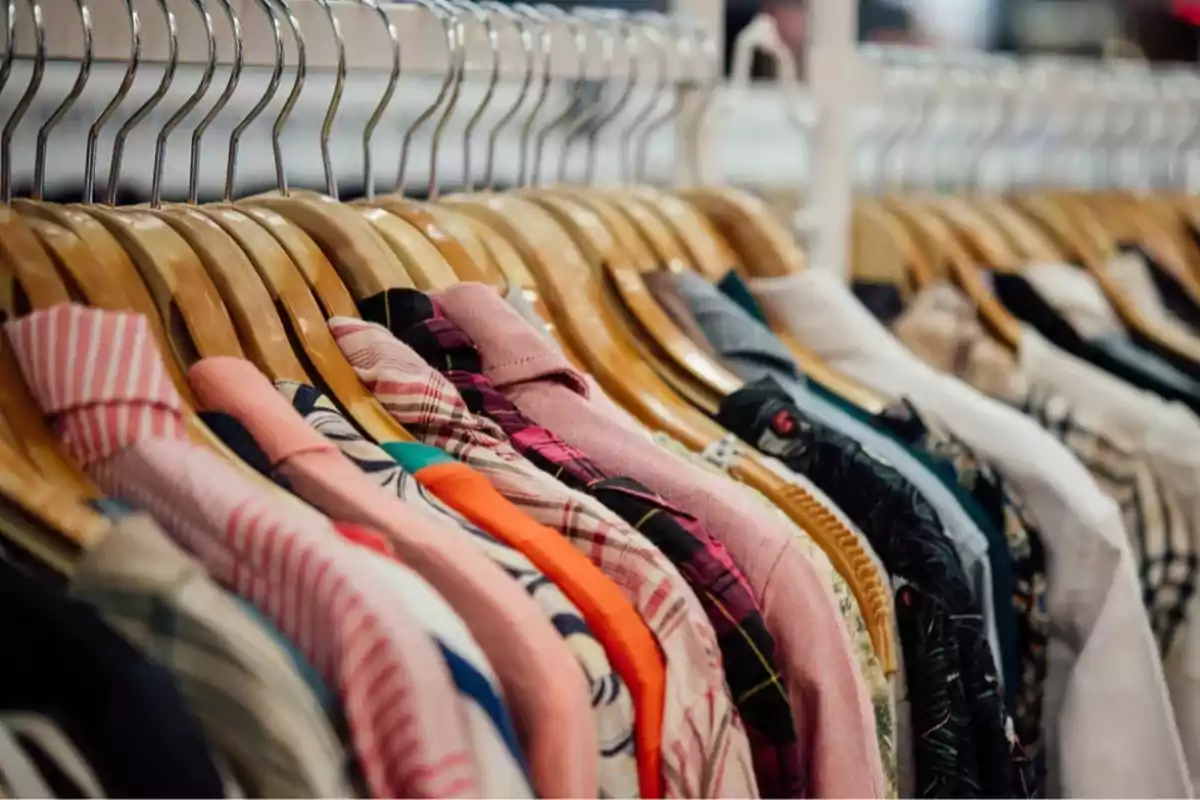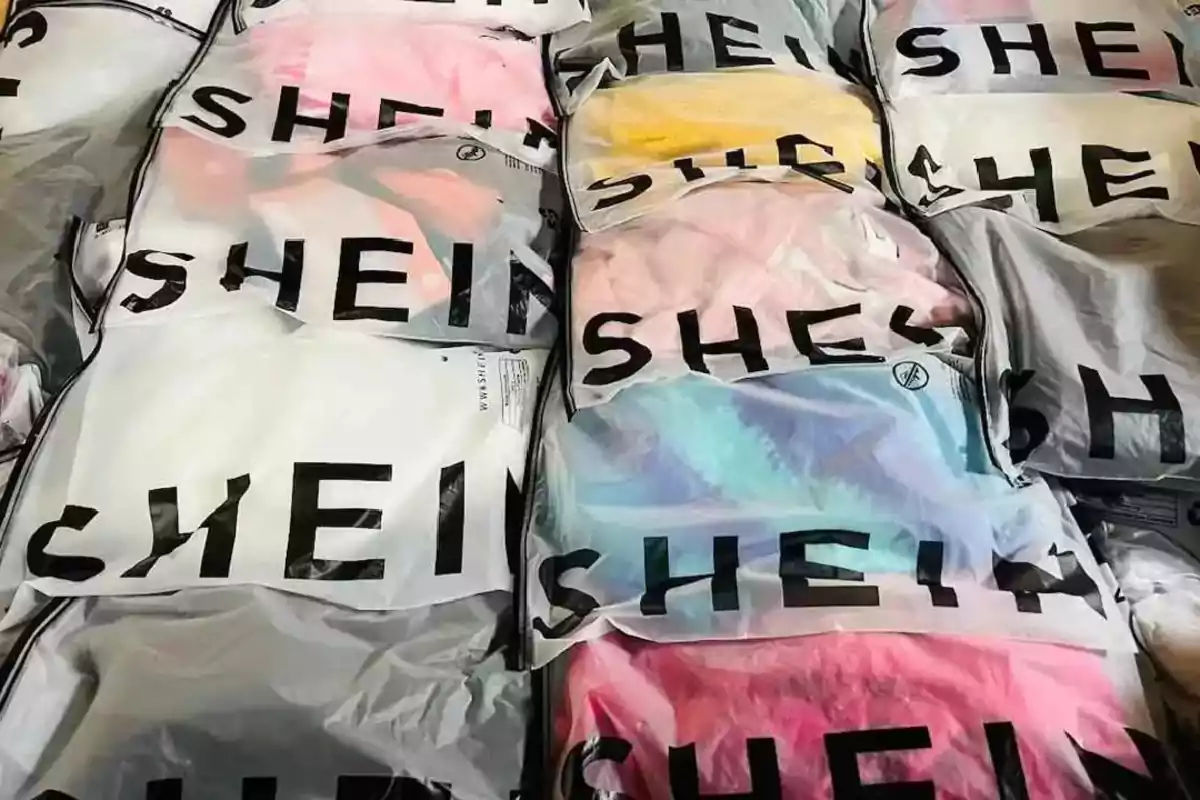
Crony businessmen are pushing for an anti-Shein law to make imported clothing more expensive
The project includes higher tariffs and taxes, along with an increase in certificates and environmental regulations
The Argentine Industrial Chamber of Clothing (CIAI) seeks to enact an "anti-Shein law" to halt clothing imports and the growth of online shopping platforms.
To achieve this, the crony businessmen propose a tax increase and regulations to generate a rise in prices for imported products, discouraging their consumption, reducing competition, and seriously harming Argentine households.
The project, inspired by similar measures adopted in France, proposes the application of higher tariffs and taxes on international shipments, along with additional controls on certifications and environmental regulations.

For the textile industry, this would allow them to counter what they consider alleged "unfair competition" practices. However, this would transfer the costs to the end consumer, which means a heavy blow to thousands of people who use platforms like Shein or Temu, an alternative that is currently strongly supported by Argentines due to high domestic prices that, in many cases, are unaffordable for many consumers.
The phenomenon of door-to-door commerce has grown exponentially in the region. According to official data, the volume of packages received in Ezeiza reached record levels, driven by the demand for clothing and mass consumer goods.
In this context, countries such as Mexico, Ecuador, or Chile have tightened their tariff policies, which has caused strong internal criticism. Meanwhile, in Argentina, Javier Milei's government is promoting a policy of deregulation and tax reduction that favors access to imported goods and benefits consumers, who can access products of better quality and price than those in the local market.

CIAI's proposal includes an open call to all political parties and productive sectors in order to gather support for the initiative. As a reference model, the French regulation is considered, which establishes progressive ecological fees for each garment sold, prohibits advertising for ultra-fast fashion, and applies sanctions in case of non-compliance with "environmental regulations."
The possible enactment of an "anti-Shein law" would mean a protectionist shift, where people would pay more for fewer options and become hostages of domestic industries.
More posts: